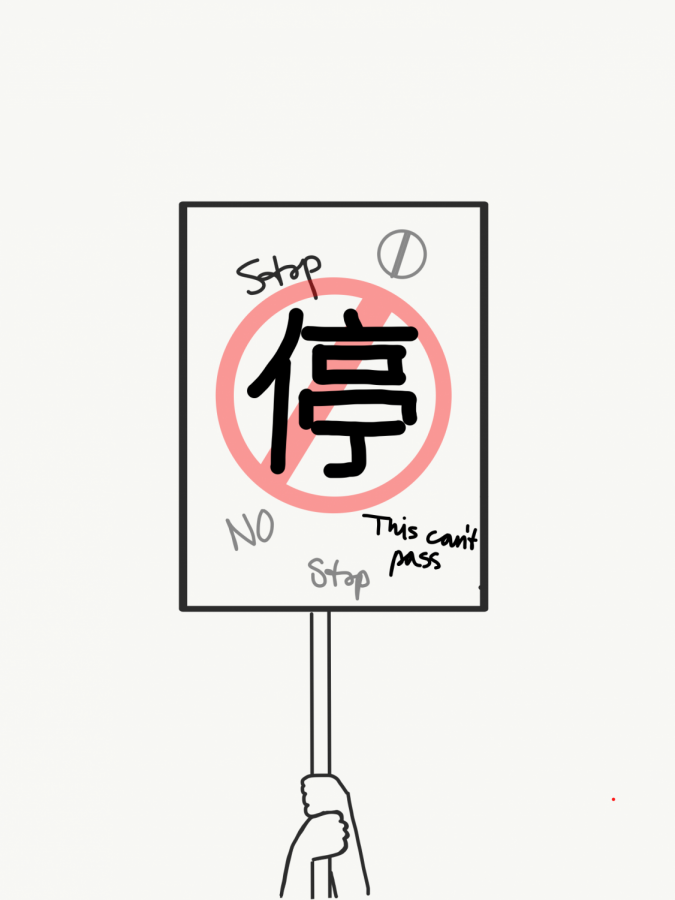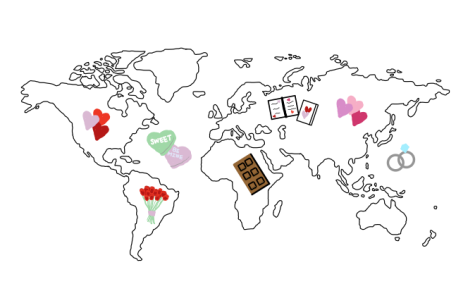Hong Kong protests push on for congressional change
On March 31, 2019 Hong Kong, China erupted in violence over an extradition bill imposed by the Chinese government. In the weeks that have followed, the once simple protests have turned from peaceful to a full fledged revolt demanding government reformation by Hong Kong citizens. Five basic demands have been presented by citizens: no extradition law, police brutality laws, for Carrie Lam, the leader of Hong Kong, to resign, for protesters to be released, and for democratic freedom.
In 1997, Great Britain returned Hong Kong to China during the era of decolonization. In the early 1980’s, Deng Xiaoping, a politician that helped to form the current country of China, supported the principle, “One country, two systems,” which described the reuniting of Hong Kong with China. Presently, Hong Kong still has freedoms that other parts of China are denied, yet the reunification has lessened those freedoms dramatically. When the extradition bill was on the path of ratification, citizens of all ages took to the streets to express their concerns about the future of Hong Kong and its posterity.
Throughout the many weeks that protests have been occurring, police and other officials of China have tried to tame the crowds.
Chinese foreign exchange student, Yichen Cao, has visited the Hong Kong airport and has explained how the people there “are very passionate” about their city and their rights.
In the fourteen consecutive weekends of protests in the streets of Hong Kong, demonstrations have presented anything but peaceful resistance. Over 1,000 citizens have either been imprisoned or hit by water cannons and tear gas. Through all of these brutal attempts to end the demonstrations by the Chinese government, the protesters persist.
“The protesters have valid concerns and demands that should be met. Historical context is vital as well. Ninety-nine years is a long time to be under British rule,” said Mrs. Maureen Martin, history teacher.
During the era of colonization, Western European ideology has rubbed off on the citizens living in Hong Kong. This exposure to European culture and government has lead to citizens reevaluating the rights they have and values they believe in.
Although the future of the demonstrations and Hong Kong’s governmental status remains unseen, the violence which has erupted will leave an inevitable mark on the history of China and Hong Kong.
Your donation will support the student journalists of Saint Viator High School. Your contribution will allow us to purchase equipment and cover our annual website hosting costs.








